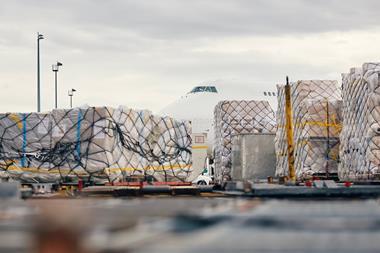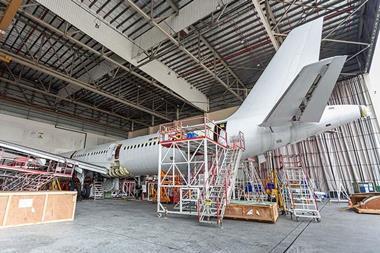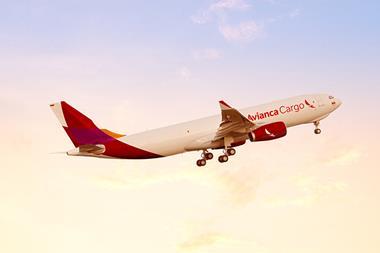In June, Logistics UK partnered with Aberdeen Standard Investment’s AIPUT (Airport Industrial Property Unit Trust) to present government with a call for action to enable the UK to facilitate the sustainable growth of its vital airfreight industry.
As part of this submission, one of the 11 key recommendations made focused on decarbonisation. Logistics UK called for a commitment from government to support research and development in aviation to help the industry decarbonise as quickly as possible, through a combination of Sustainable Aviation Fuel and the development of new technologies for electric and hydrogen aircraft.
Logistics UK therefore welcomes several commitments made by government in its Transport Decarbonisation Plan (TDP), released in July 2021.
The plan, which sets out the government’s intentions regarding the decarbonisation of transport, recognised the importance of decarbonising the sector – despite air travel representing just seven per cent of UK greenhouse gas emissions – and reinforced the need for lower-carbon options as aviation recovers from the effects of the pandemic.
Crucially, in the plan, government has stated that it will ‘kick-start’ commercialisation of UK Sustainable Aviation Fuel – as well as consult on a Sustainable Aviation Fuels Mandate – and support the development of new and zero carbon UK aircraft technology, through the Aerospace Technology Institute (ATI).
This is great news for Logistics UK’s members, which are keen to decarbonise, but lack the ability to implement significant changes to the industry working in isolation. It is critical that any solution reached works equally well for freight and passenger services.
Logistics UK also looks forward to participating in the consultations announced in the TDP, including the Jet Zero strategy, which will focus on the steps needed to reach net zero aviation emissions by 2050, as well as that on a target net zero emissions for UK domestic aviation by 2040.
Overall, Logistics UK is thrilled with the scope for aviation contained within the TDP and welcomes the plans.
However, airfreight services contribute £7.2bn to the UK economy, so it is vital that any proposed solutions are practical and accessible for air freight, and easily adopted without significant financial barriers. Logistics UK will continue to work closely with government to ensure the best possible outcome for all.















